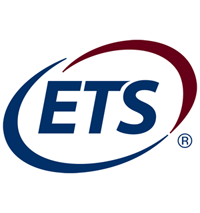You are on CGS' Legacy Site.
Thank you for visiting CGS! You are currently using CGS' legacy site, which is no longer supported. For up-to-date information, including publications purchasing and meeting information, please visit cgsnet.org.

Implications of "Big Data" for Graduate Education
Singapore
September 27-29, 2015
"Big Data" has been broadly defined as "the collection, aggregation...and analysis of vast amounts of increasingly granular data."1 Contemporary debates about big data have raised both interest and concern in the global graduate community.
On the one hand, graduate leaders are accustomed to using data to inform decision-making and have expressed curiosity about the potential of big data experiments in graduate education, such as the collection of data on student learning in large online courses. On the other hand, big data have been associated with a number of problems that directly concern graduate leaders, posing a number of challenges and questions:
- How should large amounts of data be managed and stored?
- What methods should be used for analysis and interpretation?
- How do we think about informed consent and privacy rights in a big data context?
- How should we be preparing the next generation of graduate degree recipients to manage the world of big data?
Participants from 15 countries addressed these and other pressing questions at the 2015 Strategic Leaders Global Summit, a collaboration between CGS and the National University of Singapore (NUS).
Event Materials:
- The Implications of Big Data for Graduate Education: A Proposal for Further Action
- Online Proceedings
Reference:
1 Cate, F.H. (14 November 2014). The big data debate, Science 346(6211), 818.
[Photo credit: Singapore Tourism Board.]
CGS contributions to the Summit were supported by generous gifts from the Educational Testing Service (ETS) and ProQuest.






